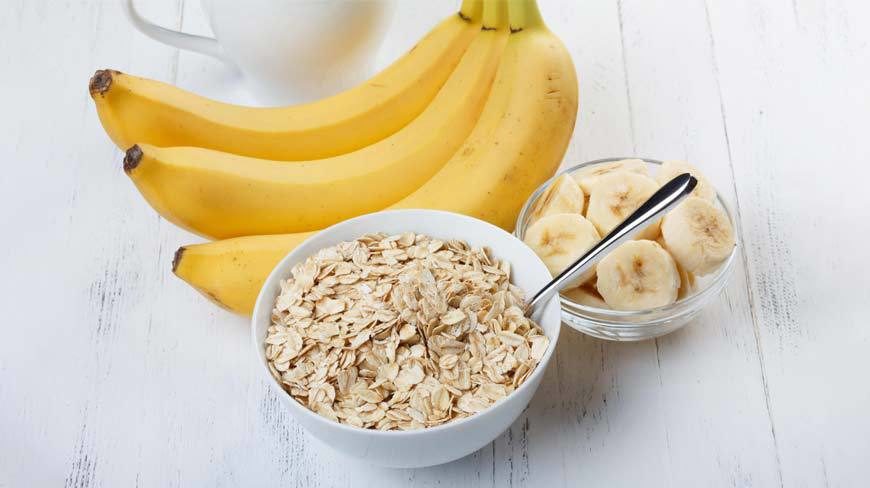IBS: Foods to Eat and Foods to Avoid
Those with irritable bowel syndrome (IBS) who experience abdominal pain, bloating, constipation, cramps, gas, and diarrhea know how miserable the symptoms can be. IBS is an uncomfortable, chronic condition whose symptoms include changes in digestive and bowel functions.
Many people with IBS don’t have severe symptoms, and mild IBS symptoms can be managed with lifestyle and diet changes. Making these changes can be the difference between living a normal life and feeling like you have to stay home to deal with IBS symptoms.
IBS Diet Management
Making lifestyle changes and changing your diet are good first steps in controlling your IBS. Here are some things to try:
- Add high-fiber foods to your diet
- Stay hydrated by drinking plenty of water
- Stay active and get regular exercise
- Eat meals on a regular schedule and don’t skip them
- Chew your food well
- Sit down to eat and don’t rush through meals
- Avoid eating late at night
IBS Foods to Eat: Foods High in Soluble Fiber
Adding fiber to your diet allows for food to move quickly and easily through your digestive tract. A high fiber diet may reduce the risk of obesity, heart disease, and diabetes. Women should get 21 to 25 grams of fiber a day. Men should get 30 to 38 grams each day.
The two types of fiber are soluble and insoluble. Soluble fiber dissolves in water and can help lower blood cholesterol and glucose levels. Soluble fiber is found in foods like:
- Brown rice
- Barley
- Flax
- Beans
- Oats
- Seeds
Insoluble fiber promotes movement through the digestive system. It also increases stool bulk, which may benefit those who suffer from constipation or irregular stool. Insoluble fiber may make IBS symptoms worse. Insoluble fiber is found in:
- Whole wheat flour
- Wheat bran
- Nuts
- Beans
- Vegetables like cauliflower, green beans, and potatoes.
Adding more fiber to your diet can improve your IBS symptoms. However, adding too much fiber too quickly can cause discomfort. Increase fiber slowly and pay attention to your symptoms.
Avoid IBS Trigger Foods
Many foods can trigger your IBS. These foods either stimulate or irritate the gastrointestinal tract, which can cause constipation, diarrhea, bloating, gas, and pain. These include foods that are high in fat, caffeine, carbonation, alcohol, and insoluble fiber, like:
- Soda and seltzer
- Coffee, tea, soda, and chocolate
- Fried foods
Avoid FODMAPs
Many IBS trigger foods are FODMAPS. Following a low-FODMAP diet may allow you to pinpoint which foods cause your symptoms. “FODMAP” is an acronym that stands for
Fermentable
Oligosaccharides
Disaccharides
Monosaccharides
And
Polyols
FODMAPs are foods that contain hard-to-digest carbohydrates. Because they are difficult to absorb, they can irritate the small intestine and take extra water to the bowel. This causes increased gas, bloating, and diarrhea. The goal of a low-FODMAP diet is to reduce or eliminate FODMAPs.
High-FODMAP foods to avoid include:
- Vegetables like cauliflower, beans, mushrooms, artichokes, garlic, asparagus, cabbage, onions, and peas.
- Dairy products with lactose like milk, cheese, ice cream, and yogurt.
- Fruits and fruit juices from apples, apricots, blackberries, cherries, mango, nectarines, pears, peaches, plums, and watermelon.
- Wheat and rye products and baked goods, including breads, cereals, and pasta.
- Candy and gum containing sweeteners containing maltitol, mannitol, sorbitol, and xylitol.
- Honey and high-fructose corn syrup.
- Legumes and lentils.
- Cashews and pistachios.
You may be able to manage your IBS by knowing what IBS foods to eat and which to avoid, along with lifestyle changes. If you’re still suffering, we can help. Make an appointment with one of our gastroenterologists today.


